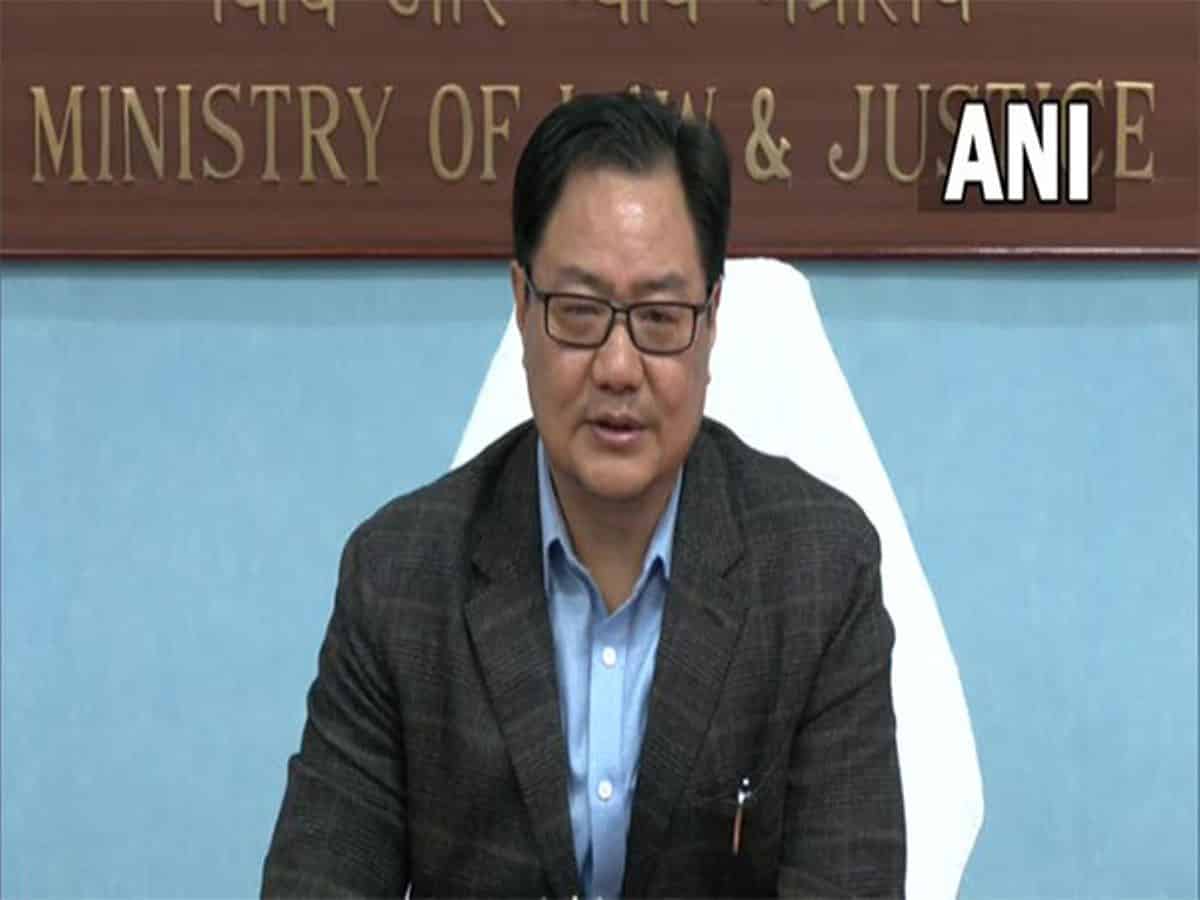
New Delhi: Earth Sciences Minister Kiren Rijiju on Monday flagged off India’s first-ever winter science expedition to the Arctic region, in a bid to maintain year-long presence at the Himadri research station in Svalbard in Norway.
A team of four scientists will embark on the journey on Tuesday to India’s research station in the NyAlesud town on the Brogger peninsula where research institutes from 10 countries have laboratories.
Ny-Alesund is the world’s northernmost settlement, situated at 79 degrees north latitude in the north-western region of Spitsbergen, Svalbard.
“In this maiden winter expedition, our scientists are poised to unravel further mysteries and push the boundaries of scientific knowledge about our ‘Climate & Planet’,” Rijiju said.
Earth Sciences Secretary M Ravichandran, National Centre for Polar Ocean Research Director Thamban Meloth and India Meteorological Department Director General Mrutyunjay Mohapatra, among others, were present at the flagging-off ceremony here.
“As we venture into uncharted territory, India assumes a global role in Arctic exploration, contributing to the scientific community at large,” Rijiju said.
He termed the expedition “historic” and said it held immense significance as India navigated the Arctic’s critical influence on global climate, sea levels and biodiversity for the first time.
“This is the first winter expedition to the Arctic. The team of scientists will stay at the research station at NyAlesund for 30 to 45 days and then will be replaced by another team,” a senior official said.
He said India will now have a year-long presence at the research station in the Arctic region, as it has in the Antarctic near the South Pole.
India launched its Arctic research programme in 2007 with a focus on climate change in the region with the objective of studying connections between Arctic climate and Indian monsoon.
The government had unveiled the Arctic Policy last year, sharing plans to have more research stations and satellite ground stations in the region.



